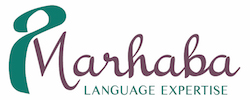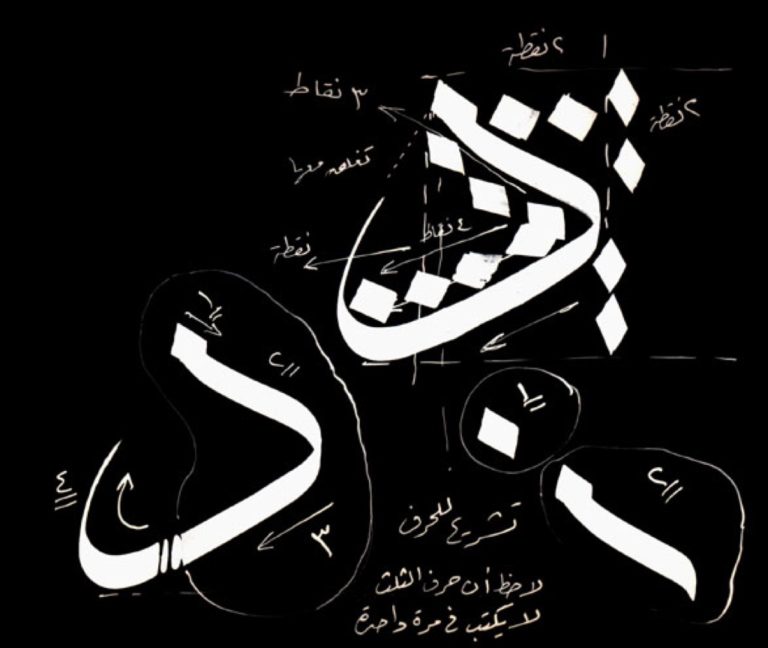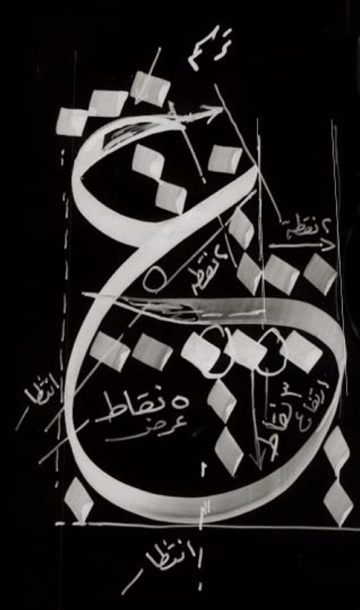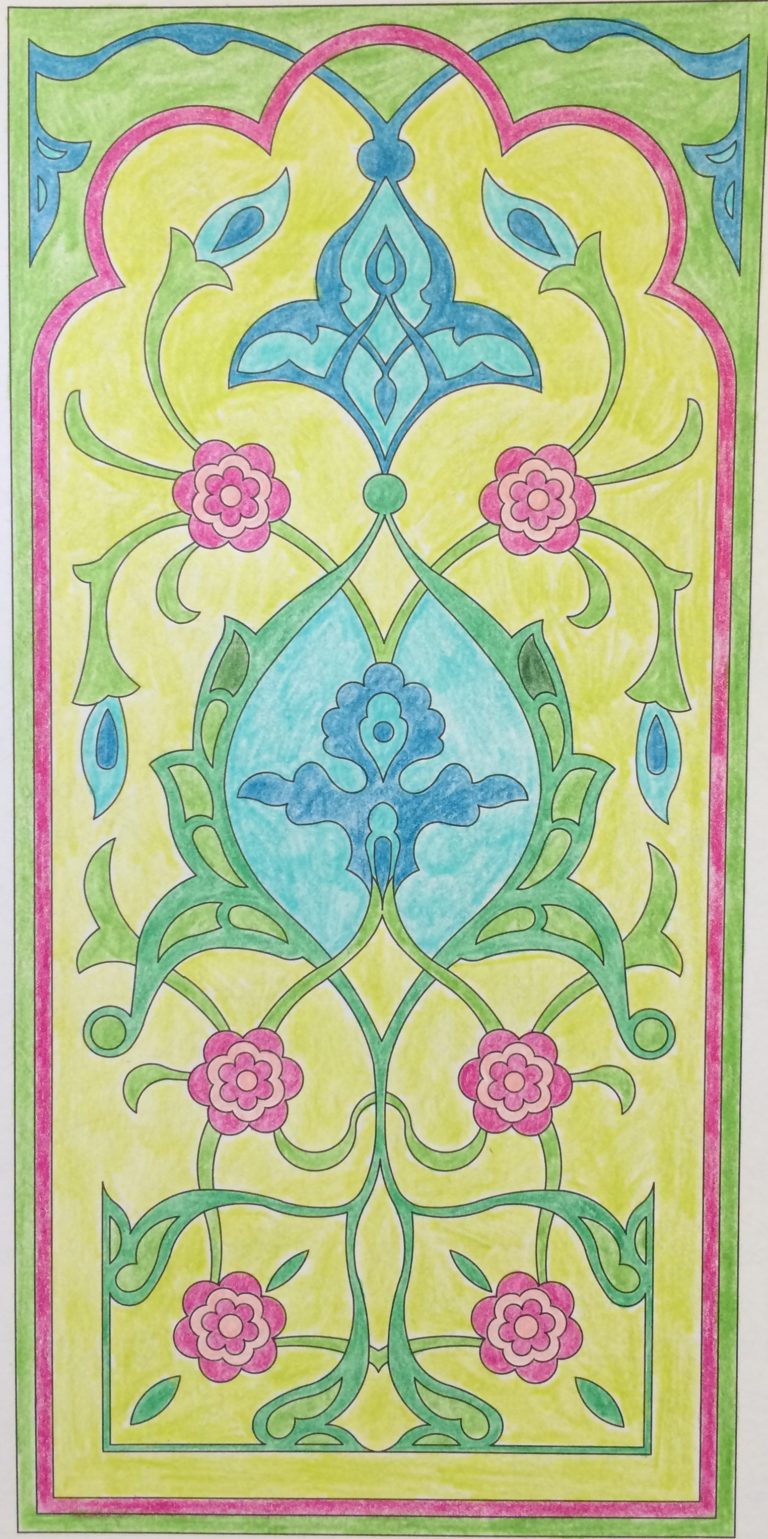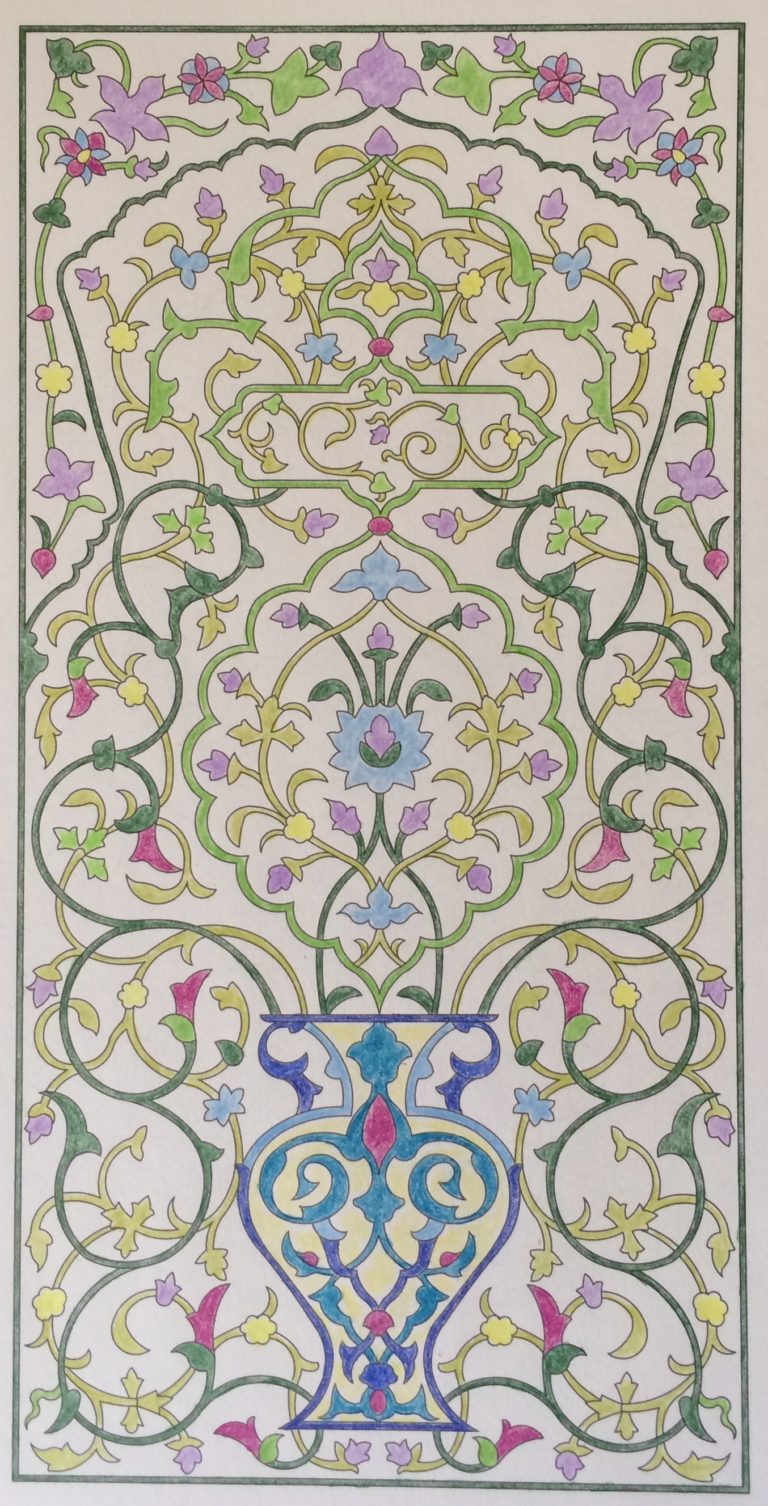My New Translation of “The Visa” Poem by Hisham Al-Gokh
Hisham al-Gokh gave a stunning live performance of this poem – see here. When this poem first came out, several years ago, it captured my attention with its simplicity and its brave criticism. He points the finger of blame at authorities in the Arab region, but there is also a note of self-criticism. It’s time…
